Local civil society organization, PARCEM, has raised concerns over the government’s involvement in the maize market, cautioning that it may cause more problems than it resolves. This statement comes as the Burundian Agency for the Management of Strategic Food Reserves (ANAGESSA) struggles to sell its maize stock collected from the last campaign amidst stiff competition from new harvests.
According to PARCEM, the government’s approach of setting fixed prices for maize sold by ANAGESSA disrupts the natural law of supply and demand. “The market should be allowed to operate freely as there are multiple buyers and sellers,” said PARCEM in a statement posted on X (formerly Twitter). The organization argues that in the case of abundant supply, government intervention should focus on investing in processing industries and supporting potential investors rather than controlling prices.
PARCEM warns that the current system leads to economic distortions, as ANAGESSA’s administrative and maintenance costs are ultimately passed on to the consumer. Moreover, overlapping harvests have resulted in storage challenges and reduced consumer interest in older stocks perceived as “outdated” and overpriced.
“To ensure fair compensation for farmers and prevent further market disruption, investment opportunities in maize processing must be increased,” PARCEM suggested. The organization stresses the need for the Ministry of Agriculture to base decisions on reliable production statistics, while the Ministry of Trade should focus on processing and exporting when necessary.
ANAGESSA has been facing difficulties in selling its maize stock due to competition from new harvests. Prices have fluctuated between 2,100 and 2,300 BIF since the sales campaign started in December last year. However, stocks remain unsold as consumers prefer the new harvest, which is perceived as fresher and is available at lower prices in local markets, ranging from 1,100 to 1,200 BIF per kilogram, according to various sources.
In an effort to boost sales, the transportation of maize between provinces now requires proof that the product originates from ANAGESSA’s reserves. Despite these measures, ANAGESSA is reportedly struggling to clear old stocks while facing the arrival of new harvests.
Amidst growing concerns, the Forum of Agricultural Producers’ Organizations of Burundi (FOPABU) has urged the government to implement a clear policy for the creation of strategic reserves. “If this maize is not selling well, the government, through ANAGESSA, should focus on building strategic reserves that can last up to five years, as is done in other countries,” FOPABU said, according to local magazine Jimbere, warning that the absence of such reserves exposes Burundi to the risk of food insecurity, especially in times of poor harvests or unexpected crises.

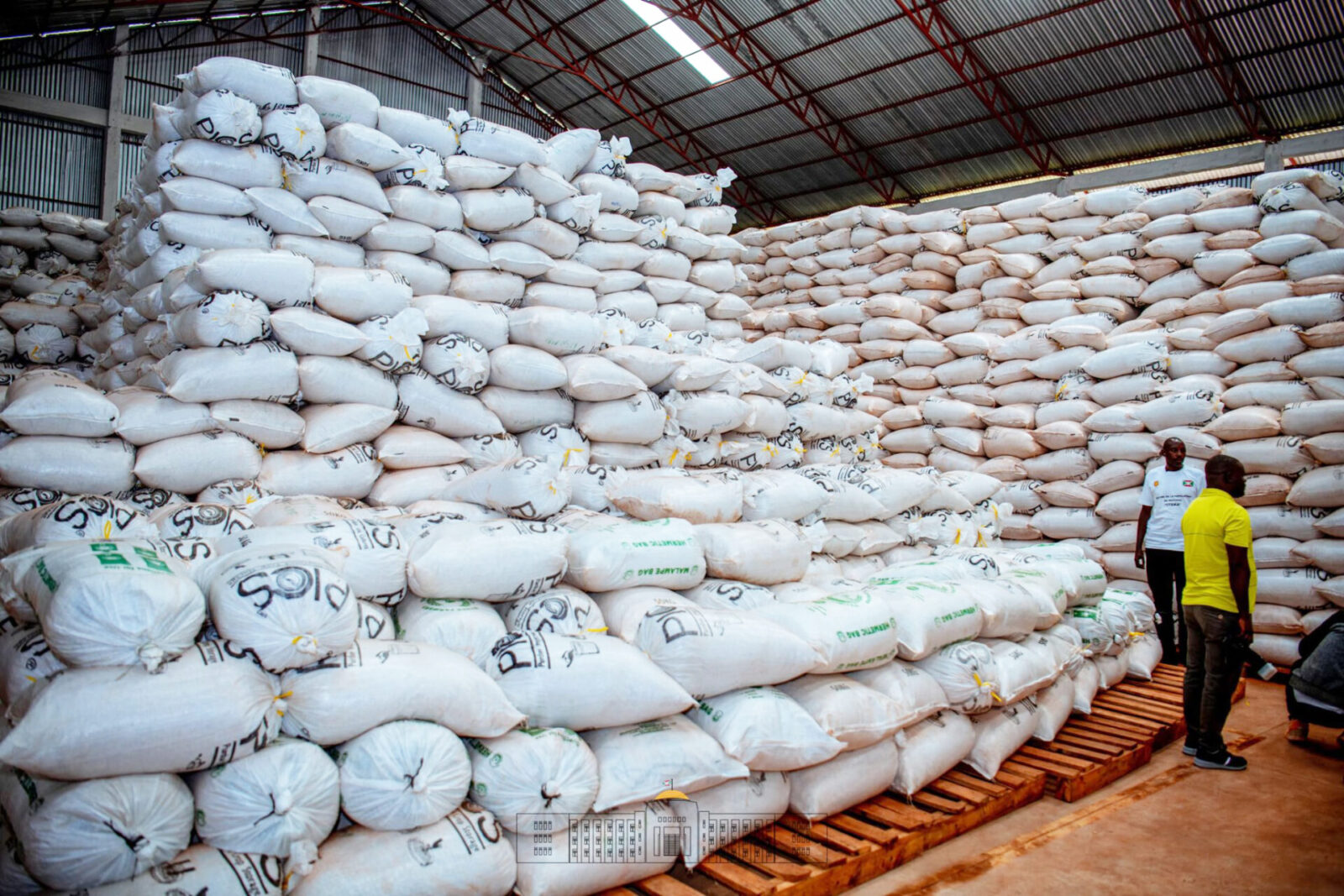


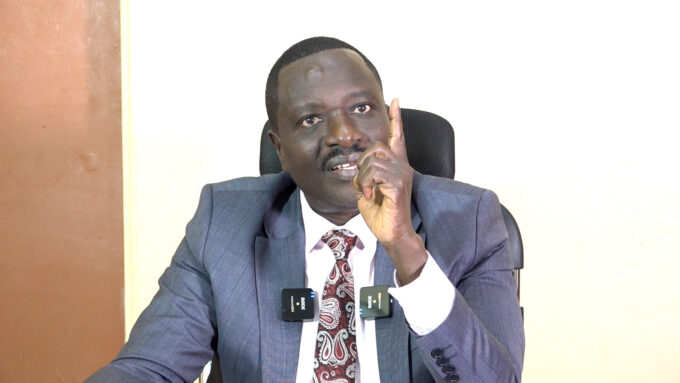
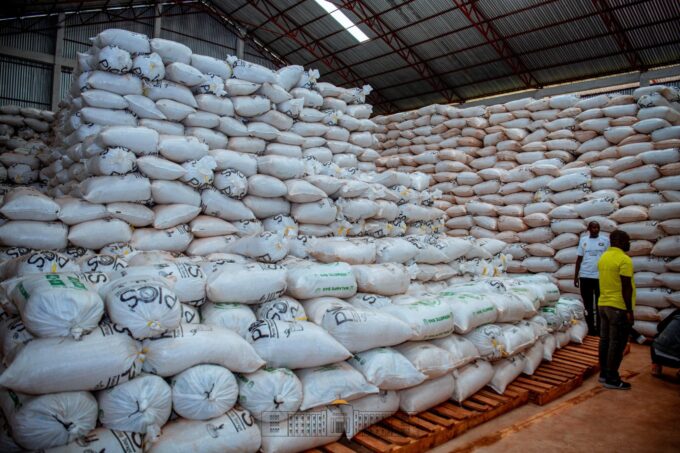
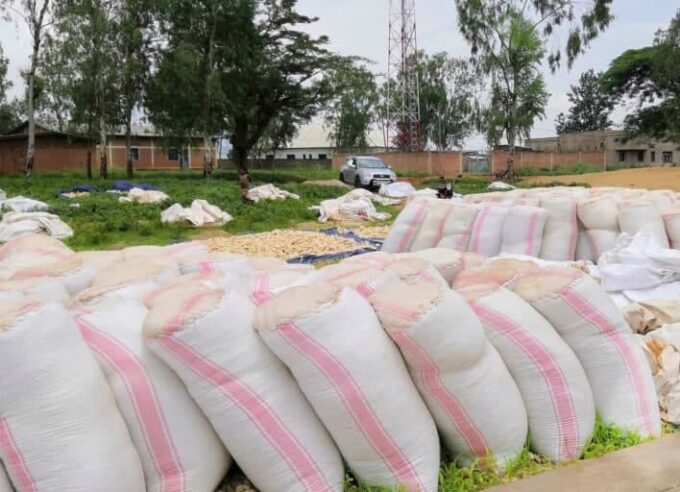
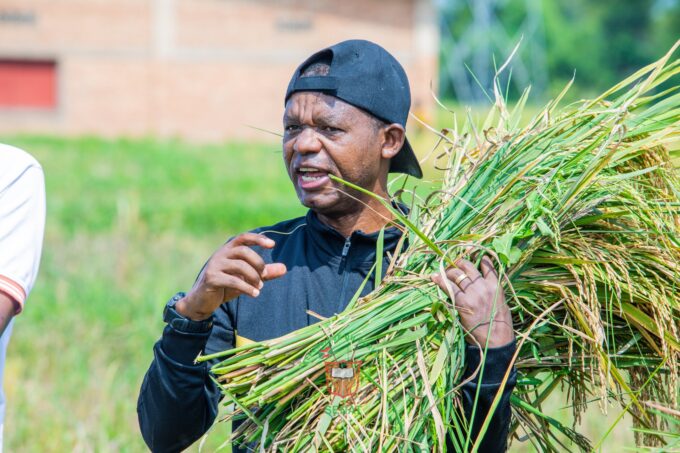
Leave a comment